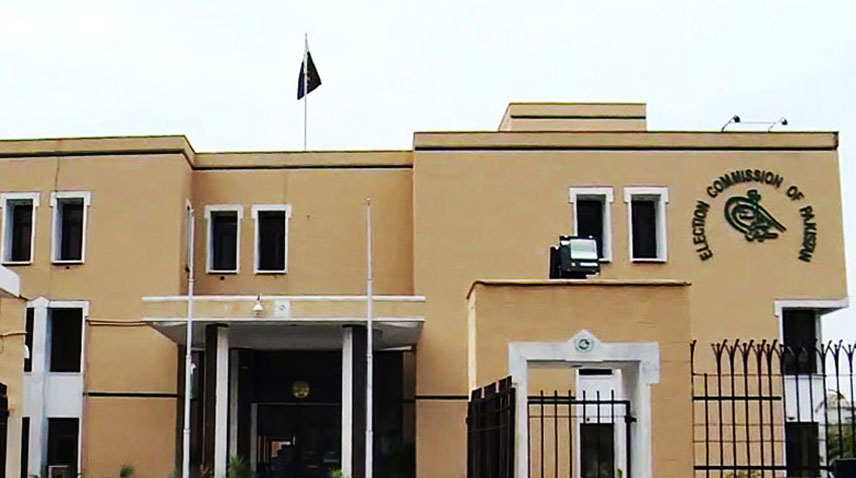ISLAMABAD, Jan 19 (APP):The National Disaster Management Authority (NDMA) on Friday cautioned the twin cities’ residents to gear up their guards against increasing air pollution that had spiked up to dangerous levels jeopardizing public health particularly elderly, women, children and people with respiratory diseases.
The NDMA in an advisory said that air pollution in Islamabad and its adjoining areas has increased to a dangerous level which is harmful to health.
The Authority advised to take precautionary measures, limit movement, wear a mask while going out and use plenty of water.
The Air Quality Index (AQI) of the federal capital since January remained beyond 200 AQI and was 240 today.
The NDMA advisory underlined that sensitive individuals (children, elderly, individuals with respiratory or heart conditions) should limit prolonged outdoor exertion and limit outdoor activities, especially if an individual falls under sensitive groups.
However, the public was advised to wear masks in crowded or polluted areas, also wear sunglasses to protect their eyes from pollutants and reduce irritation, use public transportation or carpool to reduce emissions, keep windows and doors closed to reduce indoor exposure, drink plenty of water to help flush out toxins from the body.
Moreover, the public should be vigilant for symptoms such as coughing, shortness of breath, or chest discomfort and seek medical attention if symptoms worsen.
“Follow proper waste disposal practices to prevent outdoor burning. Stay informed about air quality forecasts and plan activities accordingly. Support and participate in local initiatives aimed at improving air quality,” it added.
As per the advisory, residents of Islamabad are cautioned to remain vigilant due to a spike in the Air Quality Index (AQI), reaching a level of 240. The current PM2.5 concentration in Islamabad is recorded at 37.9 times the annual air quality guideline established by the World Health Organization (WHO).
Rawalpindi reports an AQI value of 270, while Lahore closely follows with a reading of 185.
The surge in pollution, coupled with a lack of rainfall, has led to an increase in influenza cases. Individuals with chronic diseases, such as asthma, diabetes, cardiac and lung conditions, pregnant women, elderly individuals, and children under five years, are at a higher risk of developing severe or complicated diseases.
Meanwhile, the Meteorological Department forecasts cold and dry conditions in Islamabad and adjacent areas. Cold and dry weather is expected across most plains in the country, with West Balochistan potentially experiencing rain and anticipated snowfall in mountainous regions. Additionally, heavy fog envelops various regions in Punjab, Khyber Pakhtunkhwa, and Upper Sindh.
مضمون کا ماخذ : سندھ لاٹری














